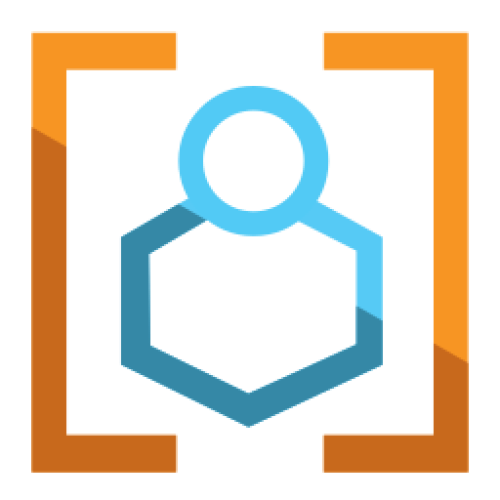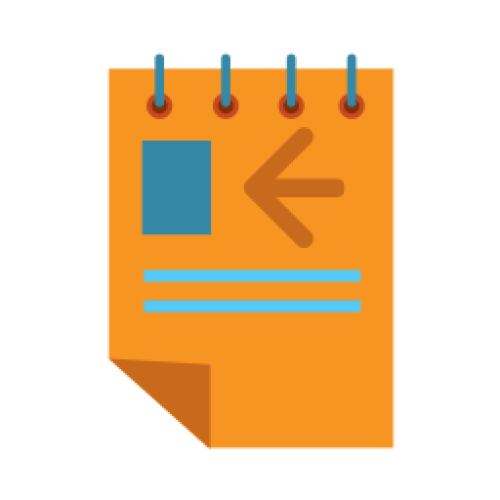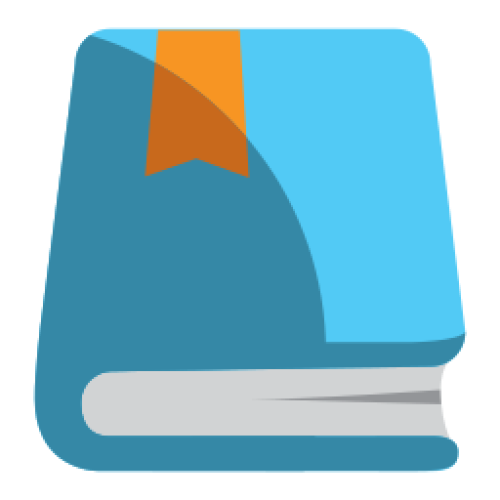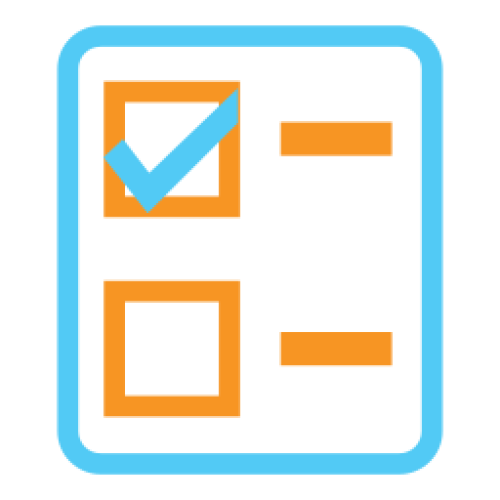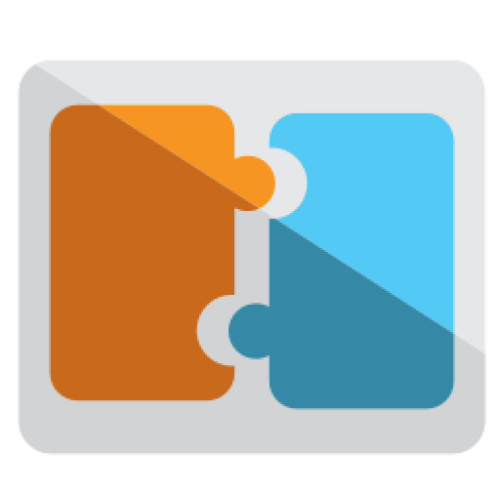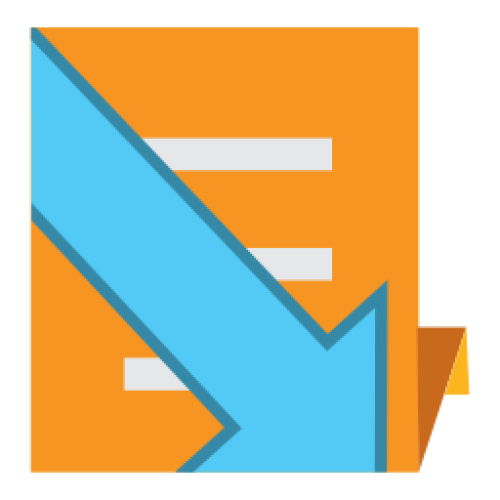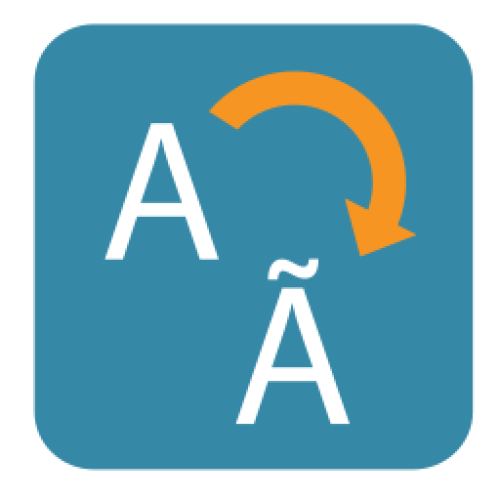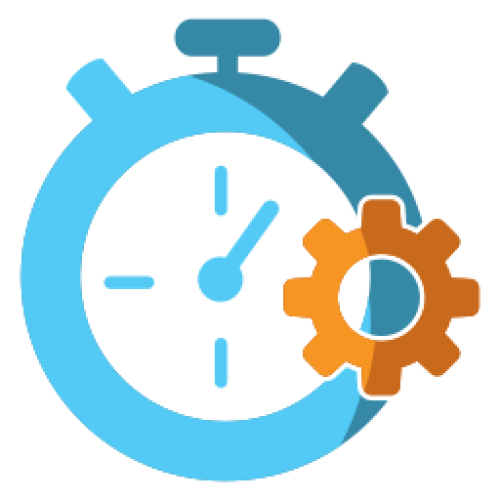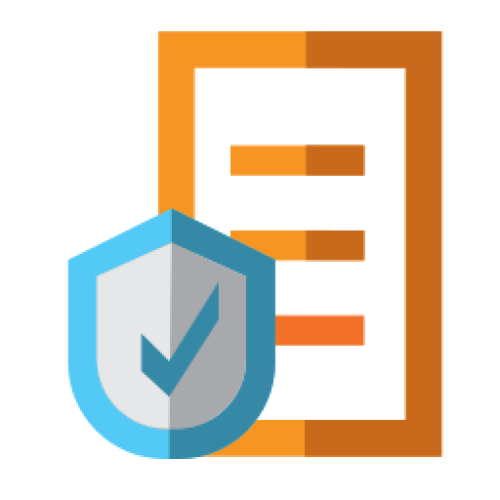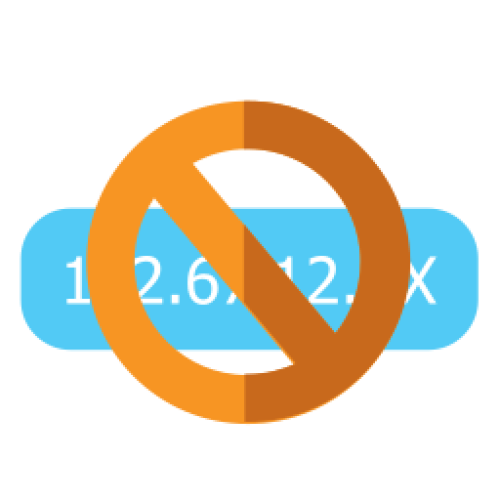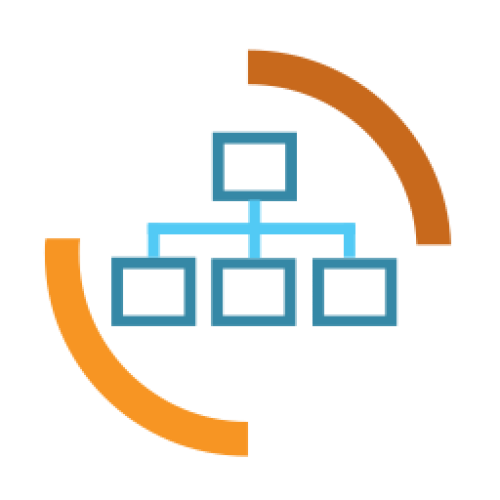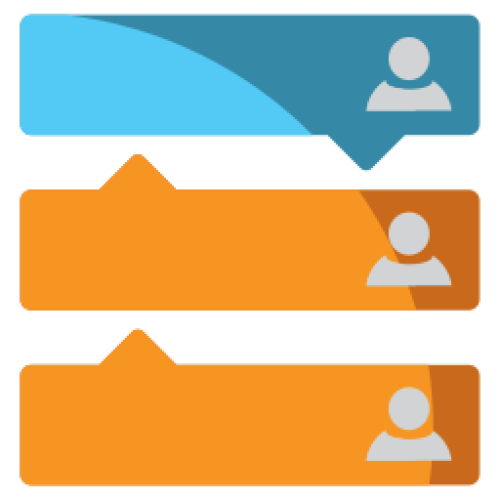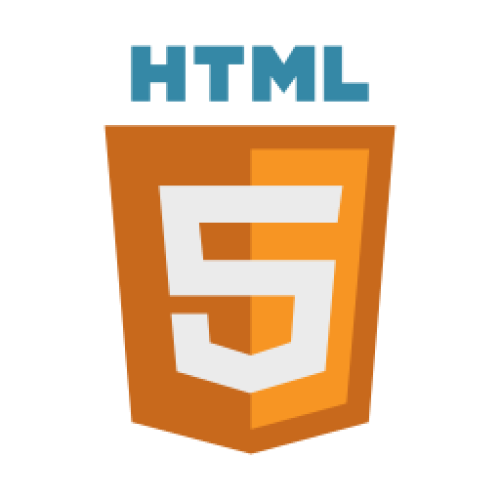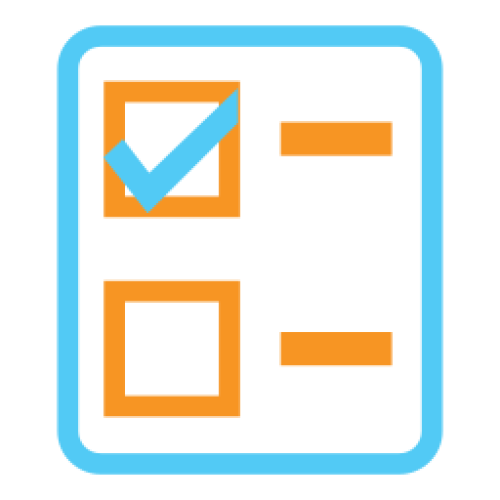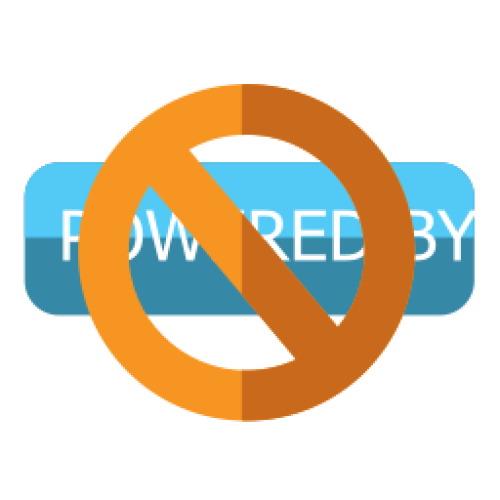Features: A-Z Index
A
B
C
D
E
F
G
I
L
M
N
P
Q
R
S
T
W
Newest 10 Entries
| Title | Featured Content |
|---|---|
| Icon | 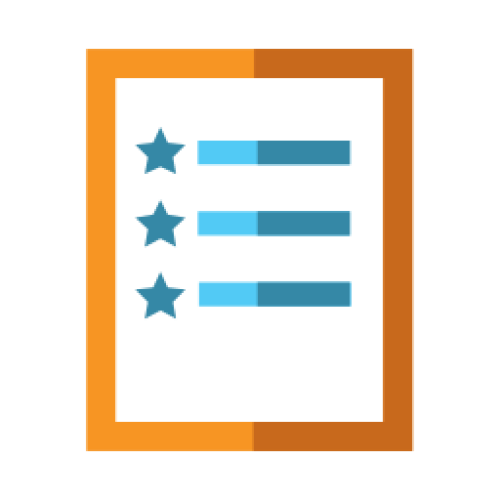 |
| Description | Random quotes: Put random quotes (e.g. testimonials) into your design. Awards: Showcase your most popular content, and optionally award the submitter with points. Tags: Set keyword tags for content and display tag clouds. Recent content: Automatically feature links to your most recent content (via main_multi_content block). Show website statistics to your visitors (via stats graphs or page hit counters). Random content: Feature random content from your website specified via a sophisticated filtering language. |
| Title | Newsletters |
|---|---|
| Icon |  |
| Description | Automatically create newsletter issues highlighting your latest content Double opt-in: Prevent false sign-ups by asking subscribers to confirm their subscriptions. Host multiple newsletters: Visitors can subscribe to the ones they want. Flexible mailings: Send out mailings to all members, to different usergroups, or to subscribers of specific newsletters. Welcome e-mails: Send multiple welcome e-mails to new users automatically, on a configurable schedule (Conversr-only). Bounce cleanup: Automatically clean out bounces from your e-mail list. Unsubscribe: Recipients can easily unsubscribe from newsletters through an unsubscribe link provided in the e-mail. Change settings: Newsletter subscribers can change their subscription settings on-site. Drip sending: Prevent overwhelming your mail server or outbound limits. |
| Title | Searching |
|---|---|
| Icon | 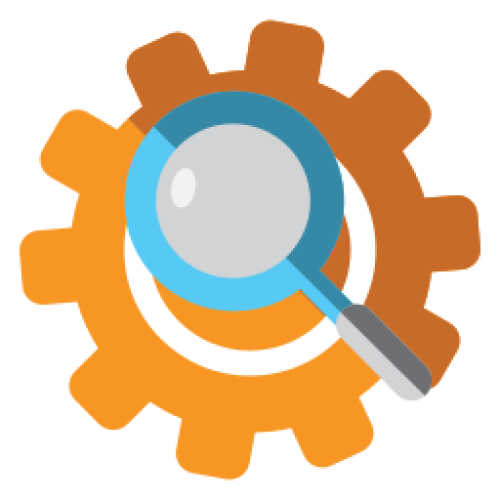 |
| Description | Choose what is searchable Boolean and full-text modes Keyword highlighting in results Search boxes to integrate into your website Logging/stats OpenSearch support: Allow users to search from inside their web browser. Results sorting, and filtering by author and date Search within downloads: Including support for looking inside archives. Composr fast custom index: Support full-text searches in instances where your database does not |
| Title | Banners |
|---|---|
| Icon |  |
| Description | Multiple types: Each one can specify its own width-by-height (e.g. skyscraper). Smart banners: Integrate text-banners into your content via keyword detection. Broad media compatibility: Image banners, external banner rotations, and text banners. Determine which banners display most often Run a cross-site banner network Hit-balancing support: A site on a banner network gets as many inbound hits as it provides outbound clicks. Targeted advertising: Show different banners to different usergroups. Track banner performance Use the banner system to display whole sets of sponsor logos or partners Supports Geotargeting Periodic content reviews: Reminders to check (or remove) banners |
| Title | Installation |
|---|---|
| Icon |  |
| Description | Quick installer: Our self-extractor allows faster uploads and will automatically set permissions. Wizard-based installation Auto-scans for compatibility problems: Be informed of problems before installing Get your site up and running in just a few minutes Keep your site closed to regular visitors until you're happy to open it Configures server: Automatically generates an htaccess file for you (for Apache). Auto-detection of forum settings for easy integration Install test content |
| Title | Web Pages |
|---|---|
| Icon | 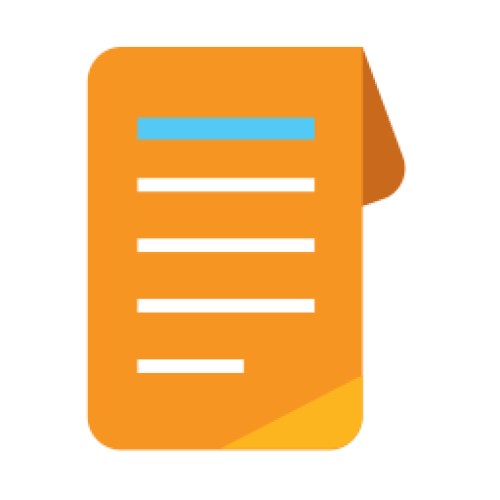 |
| Description | Add virtually unlimited pages to your site WYSIWYG editor (powered by CKEditor) Convenient edit links: Staff see “edit this” links at the bottom of every page. PHP support: Upload your PHP scripts and run them inside Composr (may require adjustments to the script code). Hierarchical page structure: Supports parent and child pages Periodic content reviews: Helping you ensure ongoing accuracy of your content. Add Comcode pages (the default) or static HTML pages Supports revisions and revision control systems (such as git); add new pages as files, and Composr will automatically register them in its system. |
| Title | Downloads |
|---|---|
| Icon | 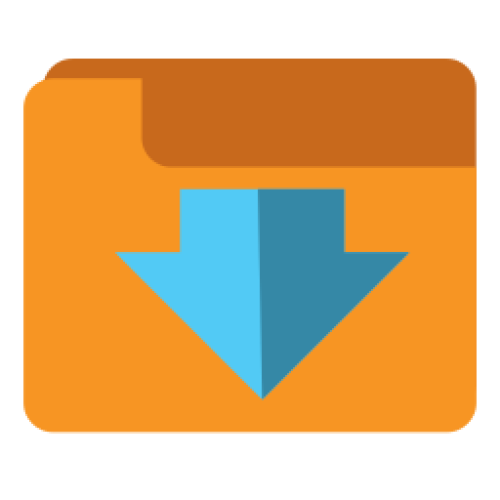 |
| Description | Clear organisation: Uses a tree structure for unlimited categorisation. Anti-leech protection: download links contain a session ID Community-centred: Allow users to comment upon and rate downloads Many ways to add new files: Upload files. Link-to existing files. Copy existing files using a live URL. Batch import links from existing file stores. Author support: Assign your downloads to authors, so users can find other downloads by the same author. Set licences: Make users agree to a licence before downloading. Images: Show images along with your downloads (e.g. screen-shots) (this implicitly uses galleries). Basic file versioning support Control monthly bandwidth use site-wide |
| Title | Wiki+ |
|---|---|
| Icon |  |
| Description | Think “structured wikis”. Create an encyclopaedic database for your website Use a tree-structure or traditional cross-linking Supports revisions: Track changes Display the tree structure of your entire Wiki+ Allow users to jump in at random pages Make your pages either wiki-style or topic-style Allow members to contribute to Wiki+ pages by adding Wiki+ posts |
| Title | Quizzes and Surveys |
|---|---|
| Icon |  |
| Description | Run a competition: Choose winners randomly from those who passed the quiz. Surveys: Gather data and find trends. Tests: Test members' knowledge on a variety of topics. Cheat prevention: Settings to prevent cheating, such as time limits, question / answer shuffling, and re-testing rules. Integration with points: Charge points to enter a competition, or award points for winning. |
| Title | News and Blogs |
|---|---|
| Icon |  |
| Description | Member blogs: Allow members to have their own blogs on their profile RSS and Atom support: Export and import feeds. Trackback support: Send and receive trackbacks. Scheduled publishing Ping support and RSS Cloud support Multiple news categories and filtering Multiple ways to integrate news into your website Import from RSS feeds Supports geotargeting Members can rate and comment on news articles and blog posts Send out a news article as a newsletter |
Top 10 Entries
| Question | How can I filter the news archive to show specific content? |
|---|---|
| Answer | The news system allows advanced filtering:
These filters are controlled through parameters passed to the news blocks and carried through navigation links. When viewing a news post, you can also filter by the categories associated with that post. |
| Question | How do I display external RSS feeds on my Composr website? |
|---|---|
| Answer | Composr offers two blocks for displaying RSS and Atom feeds in a news-like format:
To add a block, use the Block Construction Assistant or insert the following Comcode into your page: [block="http://example.com/feed.xml"]main_rss[/block] [block="http://example.com/feed.xml"]side_rss[/block] Replace "http://example.com/feed.xml" with the actual feed URL. Important: Exercise caution when using external feeds. Ensure the source is trustworthy, as malicious feeds can contain harmful code. |
| Question | What are RSS/Atom feeds and how do they benefit my website? |
|---|---|
| Answer | Feeds, in formats like RSS and Atom, are XML files that syndicate your website content, making it accessible beyond your website. They can be viewed using feed reader applications (e.g., Feedly, Vienna) or integrated into other websites or web browsers. Composr supports both RSS and Atom for syndicating news and other content. While RSS is more common, Atom is a cleaner, standardized format. Both effectively share your content updates. Benefits:
|
| Question | What are Personal Categories/Blogs in Composr? How do I create one? |
|---|---|
| Answer | Composr allows members of permitted usergroups to have their own personal news categories, also known as "blogs". These blogs appear as a tab on the member's profile (Conversr-only) and may also appear in the main news block depending on your configuration. To create a blog, a member simply adds a news post and selects their personal category. If the category doesn't exist, it will be automatically created upon submission. A dedicated "Blogs" CMS module (Admin Zone > Content > Blogs) is available if the "Separate blogs" configuration option is enabled. This simplified module focuses on blog posting and can be used to restrict members from submitting to general website news. |
| Question | What is "pinging" and how does it work in Composr? |
|---|---|
| Answer | In blogging, "pinging" is an automatic notification sent to blog search engines and other services when you publish a new post. Composr can automatically ping services defined in Admin Zone > Setup > Configuration > Feature options. These services then index your new article, making it searchable. A default ping service (http://pingomatic.com/ping/?title=title&blogurl=url&rssurl=rss) is pre-configured to relay your ping to numerous other services. You can customize the ping URL with these placeholders:
Pinging only occurs for news categories accessible to the public (guests). |
| Question | How do I schedule a news post to be published at a specific time? |
|---|---|
| Answer | Once you have enabled the system scheduler (requires the Composr calendar and commandr addons), an advanced scheduling option will appear when adding or editing news posts. By setting a future date and time, your post will remain unvalidated until the chosen time, at which point it will be automatically validated and published. |
| Question | How can members edit their profiles and account settings? |
|---|---|
| Answer | Members can edit their profiles and account settings through the "Edit" tab on their profile page. They can change their password, update personal information, manage their avatar and signature, and adjust their privacy settings. Administrators have access to additional options for managing member accounts. |
| Question | What is the difference between member terms? |
|---|---|
| Answer |
It's important to understand these distinctions to properly manage permissions, track user activity, and personalize the website experience. |
| Question | What are Welcome Emails and how do they work? |
|---|---|
| Answer | Welcome Emails are a series of automated emails sent to new members on a predefined schedule. They can be used to introduce the website's features, encourage engagement, and provide helpful information. Website administrators can customize the content and schedule of these emails. |
| Question | How can I enhance or enforce the security of member passwords? |
|---|---|
| Answer | Composr offers several features to improve password security:
|



